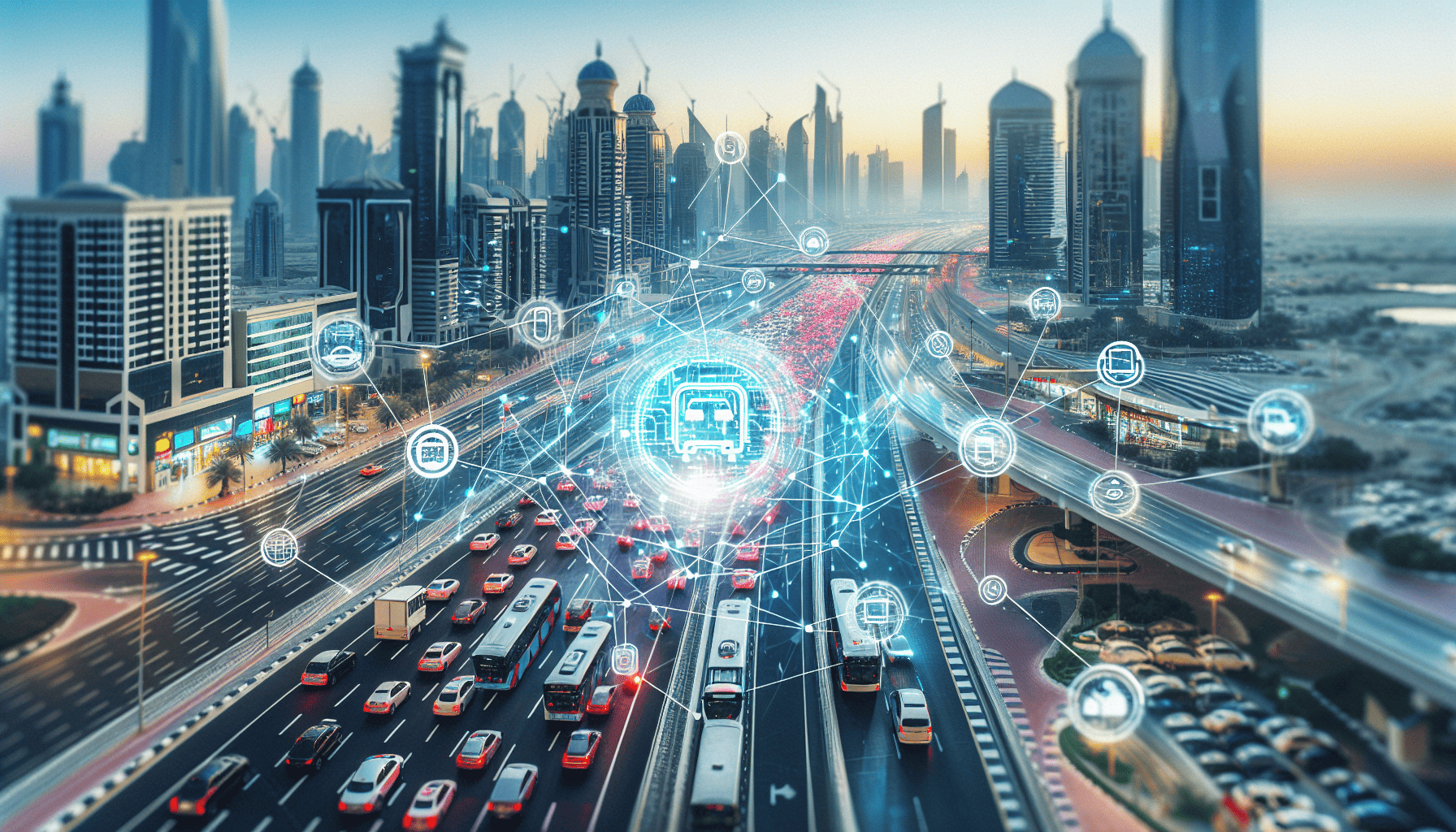The integration of smart technologies into the transport system marks a transformative shift, aiming to enhance both efficiency and the user experience. This evolution is driven by a confluence of advancements in technology, changes in consumer expectations, and the pressing need for sustainable and efficient transportation solutions.
At the heart of this transformation is the Internet of Things (IoT), which connects vehicles, infrastructure, and users, creating an intelligent transport ecosystem. IoT-enabled sensors and devices collect and analyze data in real time, offering insights that help improve traffic management, reduce congestion, and increase safety. For example, smart traffic lights can adjust their timings based on current traffic conditions, minimizing wait times and smoothing the flow of vehicles. Additionally, real-time GPS data allows for dynamic rerouting and predicting journey times with greater accuracy.
Moreover, autonomous vehicles represent a significant leap forward in smart transport. These self-driving cars and buses utilize sensors, cameras, and artificial intelligence to navigate roads, detect obstacles, and make decisions without human intervention. As this technology matures, it promises to reduce accidents caused by human error, optimize route efficiency, and potentially reshape urban landscapes by minimizing the need for large parking areas.
Public transport systems are also embracing smart technologies to improve user experience. Mobile applications now offer more than just ticket purchasing; they provide real-time updates on departure times, seat availability, and even the current bus or train occupancy levels, allowing passengers to make informed decisions and travel more comfortably. Furthermore, contactless payment options streamline the boarding process, reducing delays and making transport systems more accessible.
The integration of smart technologies also extends to electric and shared mobility solutions. Electric vehicles (EVs), supported by smart charging infrastructure, contribute to reducing carbon emissions and reliance on fossil fuels. Charge point availability, charging times, and energy management can all be controlled remotely, optimizing the energy grid and providing convenience for users.
Shared mobility services, such as bike-sharing and car-sharing platforms, rely heavily on smart technology for efficient operations. These services use data analytics to predict demand, balance vehicle availability across locations, and optimize maintenance schedules. Users benefit from intuitive apps that simplify booking, unlocking, and payment processes, enhancing the overall convenience and appeal of shared transportation options.
The rise of smart technologies in transport is also facilitating the development of Mobility as a Service (MaaS) platforms. These platforms integrate various modes of transport into a single service, offering users seamless planning, booking, and payment options for multimodal journeys. This approach not only enriches the user experience but encourages a shift away from private vehicle ownership towards a more sustainable and flexible mode of transport.
As cities become increasingly connected, smart technologies in transport are essential not just for efficiency and user experience, but for sustainable urban development. Policymakers and urban planners are now tasked with creating frameworks that accommodate these technological advances while addressing privacy, security, and equitable access challenges.
In conclusion, the ongoing integration of smart technologies into the transport system is set to revolutionize how we move, both within cities and across regions. By improving efficiency, enhancing user experiences, and promoting sustainability, these advancements are paving the way for a smarter, safer, and more connected future in transportation.
